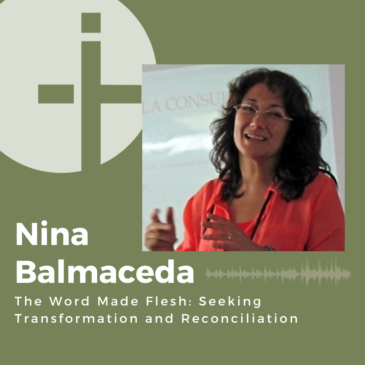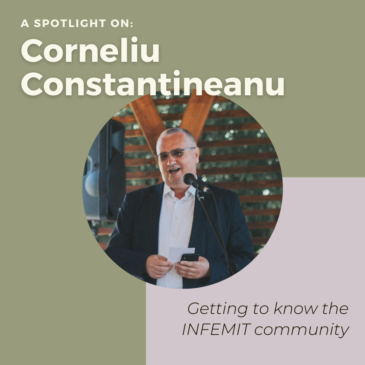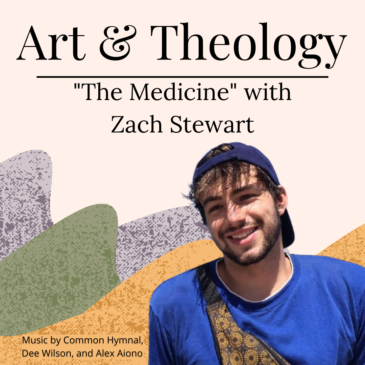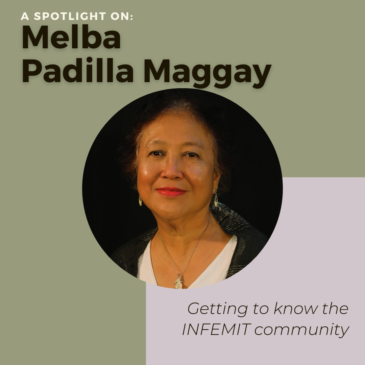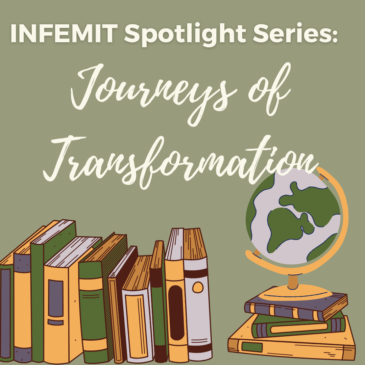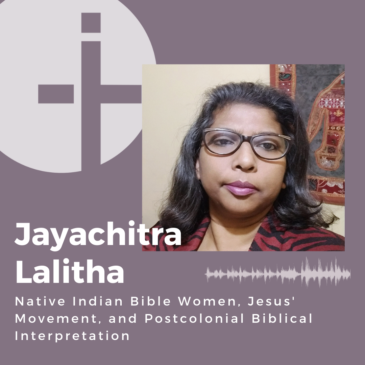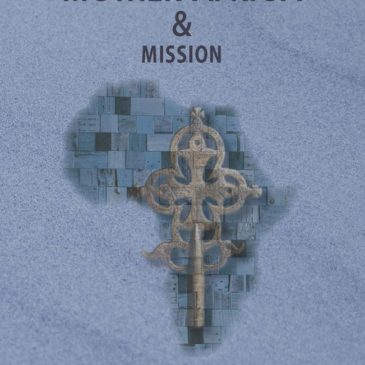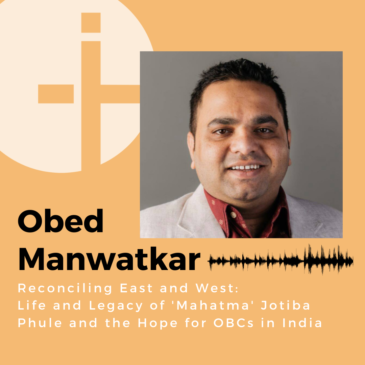A Conversation with Nina Balmaceda
“How I understand reconciliation is the transformation of relationships, that include for sure the transformation of interpersonal relationships…[but] we need to consider the other dimensions of reconciliation, forgiveness, and repentance, especially in contexts of post-armed conflict or of current exploitation and marginalization of human groups… I never speak of reconciliation without using the term ‘transformation.'” Listen to this podcast by Nina Balmaceda.
